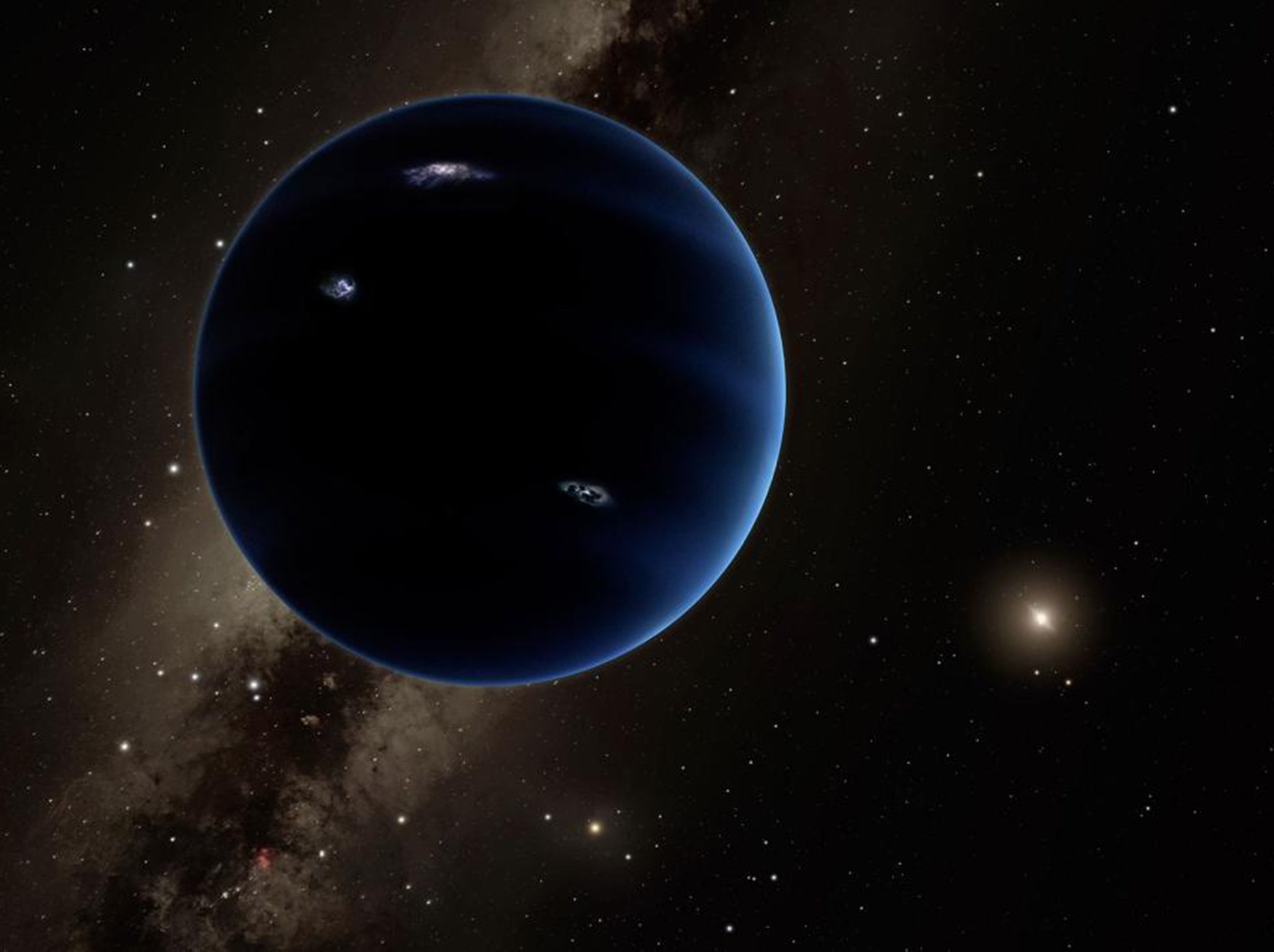i Editor's Letter: Finding a new planet really is out of this world
While the history of astronomy is one of floored expectations and false hopes, mankind’s understanding of the solar system has grown rapidly in the past 25 years

No sooner had we got used to the idea of there being only eight planets in our solar system, after Pluto was demoted to “dwarf” status, astronomers have gone and found a new hidden planet that’s at least 10 times more massive than Earth. Astonishing.
How did we (and Galileo) miss it before? The answer is that Planet Nine, nicknamed “Fatty” by astronomers, is, on average, 20 times farther from the Sun than Neptune. And Neptune orbits at a distance of 2.8 billion miles. That’s a lot of space not to spot it in. And we still haven’t seen it directly, just detected its presence, through the gravitational force it exerts on other objects.
Five planets have been observable with the human eye since ancient times. Of the others: we’re standing on one, Uranus was discovered in 1781, Neptune in 1846 and Pluto (recently relegated) in 1930. So we have the first evidence of a new world in 170 years.
Mike Brown, the astronomer at Caltech who found Planet Nine with his colleague Konstantin Batygin, recalls that 10 years ago: “People would say, ‘Are there any other planets out there?’ And I would say, ‘Nope, that’s it. There are just eight planets, and we’ll never have any more.’” He says of the eureka moment: “My jaw sort of hit the floor.”
While the history of astronomy is one of floored expectations and false hopes, mankind’s understanding of the solar system has grown rapidly in the past 25 years. Yet the mystery about Planet Nine will endure. Professor Brown told The New Yorker: “We haven’t seen it. But we have felt it.”

Join our commenting forum
Join thought-provoking conversations, follow other Independent readers and see their replies